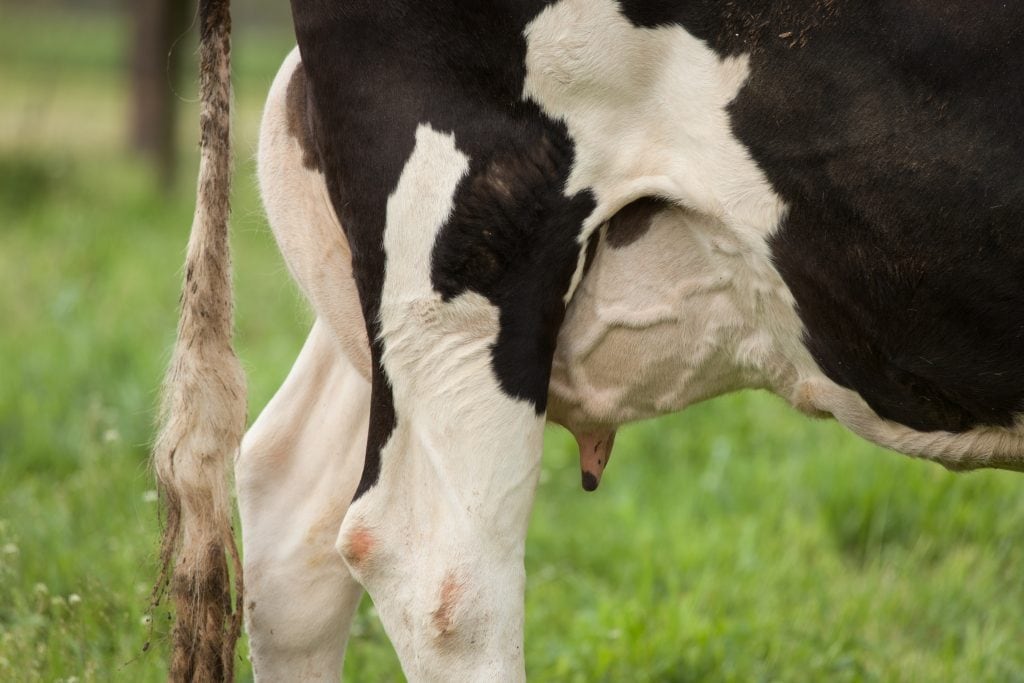
The Senate Environment and Natural Resources Committee approved a bill aiming to shield farmers participating in “agritourism” from tort liability. But critics of the bill are pushing back against the measure, arguing its provisions are too broad.
Sen. Jason Brodeur, a Sanford Republican who chairs the Senate Environment and Natural Resources Committee, introduced the legislation in the Senate (SB 88). The measure aims to update the state’s Right to Farm Act. As Brodeur explained, he’s aiming “to protect reasonable [farming] activities from nuisance lawsuits” with the new legislation.
Senate President Wilton Simpson supports the effort.
“It expands the definition of ‘farm operations’ in two ways,” Brodeur said. “The bill adds agritourism activities to the list of farm operations that receive limiting legal protections, and existing law provides examples of conditions and activities that go along with farming that are protected from suits. The evidence standard is also increased, so the burden of proof must meet a nuisance standard of ‘clear and convincing.'”
In addition, the legislation limits nuisance lawsuits to plaintiffs with real property within a half mile of the alleged source of the nuisance.
But Brodeur earned pushback from some Democrats on the committee, as well as some public commenters. A back-and-forth between Brodeur and Democratic Sen. Loranne Ausley highlighted the disagreement.
At issue is the “clear and convincing” standard set up under the bill. That section deals with suits alleging “nuisance, negligence, trespass, personal injury, strict liability, or other tort based on a farm operation” that has impact outside the farm.
To win such a claim, a plaintiff must prove the activity “did not comply with state and federal environmental laws, regulations, or best management practices.”
Ausley said that could be problematic. What if a farmer does comply with those regulations, but commits an actionable tort?
“I read this to say that, let’s say a farmer is driving a tractor on a road and they negligently kill someone… I believe they would still have immunity under this language.”
During their exchange, Brodeur said other areas of state law bar that scenario. He attempted to lay out the type of activity he’s seeking to protect with the bill.
“For example — we’ve all seen it, we’re all from Florida — somebody is driving down the highway with cows in the back and somebody can smell the cows, they would present that maybe as a nuisance,” Brodeur began.
“This [bill] would protect somebody from being able to sue them for the smell as a nuisance. What it does not protect them from are all over civil and criminal penalties. And so if they were swerving, or speeding, or drunk or anything else, there would be no protection for that.”
Ausley continued to express skepticism while questioning the bill’s sponsor. “This is one of the places where I think we really need to keep working,” she said.
Fellow Democratic Sen. Linda Stewart later backed the bill but also expressed a desire to update its language. During debate, Ausley said she couldn’t go along with the bill as currently written.
“I am a ‘no’ today in hopes I can be a ‘yes’ down the road and look forward to working with you on it,” Ausley said while noting she generally supported the Right to Farm Act’s protections for farmers.
“We want them to be able to produce, and I want the farmers in my district to know that I’m supportive of the underlying purpose of this bill. However, this vastly expands the statute to provide immunity for many types of non-nuisance claims.”
Brodeur signaled his willingness to hone the bill’s language to avoid the overbreadth issue.
“I’m happy to work with folks. I mean we’re not trying to do anything other than protect the right to farm,” Brodeur said.
“I look forward to working with everybody. I think it’s a great bill, and if we’ve got some work to do that’s okay too.”



